Exploring CodeQL in GitHub
CodeQL is a powerful static analysis tool that enables security researchers, developers, and DevOps teams to identify and fix security vulnerabilities in their code early in the development lifecycle. CodeQL uses query language-based analysis, which allows users to write custom queries to detect various security vulnerabilities and coding flaws. Originally developed by Semmle (which was acquired by Microsoft), CodeQL is now a core feature integrated into GitHub to enhance secure code development and automated code review.
GitHub’s integration of CodeQL offers an automated way to identify and remediate security vulnerabilities in both public and private repositories. By incorporating CodeQL into your GitHub workflows, you can detect and fix vulnerabilities before they make it to production, thus improving the overall security of your applications.
Key Features of CodeQL in GitHub
Automated Code Scanning:
CodeQL scans your codebase for known security vulnerabilities and weaknesses using pre-built queries. The results are displayed in GitHub's UI, helping you quickly identify and address any issues.
Customizable Queries:
You can write custom CodeQL queries to target specific patterns and issues within your code. This flexibility makes CodeQL a powerful tool for security researchers or developers who want to find custom vulnerabilities in their codebases.
Security Vulnerability Detection:
CodeQL is particularly well-suited for detecting high-severity vulnerabilities, such as SQL injection, cross-site scripting (XSS), command injection, buffer overflows, and other security flaws.
CI/CD Integration:
CodeQL integrates seamlessly into GitHub Actions and can be added as a step in your CI/CD pipeline. This ensures that security vulnerabilities are caught as part of your regular development process.
CodeQL Packs and Libraries:
GitHub provides pre-configured CodeQL packs that include a collection of queries for detecting common vulnerabilities in various languages (e.g., Python, Java, JavaScript, Ruby, Go, etc.). These packs are regularly updated to keep up with emerging security threats.
Deep Analysis with CodeQL Database:
CodeQL works by compiling your code into a CodeQL database, a representation of your code that allows for detailed query-based analysis. This makes it possible to identify deep structural and logical flaws that traditional static analysis tools might miss.
Integration with GitHub Security Alerts:
Once CodeQL identifies security vulnerabilities, the results are displayed directly in the GitHub Security tab of your repository, allowing you to track, manage, and fix vulnerabilities in an organized way.
Open-Source and Community Contributions:
CodeQL is open-source, which means you can contribute to the CodeQL queries and packs, or use existing community queries. GitHub also maintains a CodeQL GitHub repository, where developers can share new queries and use cases.
How CodeQL Works in GitHub
Setting up CodeQL:
To use CodeQL in your GitHub project, you need to set up a GitHub Actions workflow. The typical setup involves adding a .github/workflows/codeql.yml file to your repository, which automates the scanning process.
Here’s a simple example of how to integrate CodeQL into a GitHub Actions workflow:
xxxxxxxxxx231name"CodeQL Analysis"2on3 push4 branches main 5 pull_request6 branches main 7jobs8 analyze9 nameAnalyze code with CodeQL10 runs-onubuntu-latest11 steps12nameCheckout code13 usesactions/checkout@v214nameSet up CodeQL15 usesgithub/codeql-action/setup@v116nameAutobuild17 run18 # Build your project here19 # For example:20 # npm install21 # npm run build22namePerform CodeQL analysis23 usesgithub/codeql-action/analyze@v1Running CodeQL:
When the GitHub Actions workflow is triggered (e.g., by a push to the main branch or a pull request), GitHub will automatically:
Set up CodeQL.
Build the code (if necessary) to generate a CodeQL database.
Run the queries on the codebase to detect any vulnerabilities.
Reviewing Results:
After the scan, the results are displayed in the Security tab of your GitHub repository. Here, you can view the vulnerabilities detected, their severity, and the line of code where the issue was found. Additionally, GitHub will recommend possible fixes or mitigation strategies.
Types of Vulnerabilities Detected by CodeQL
CodeQL can detect a wide range of vulnerabilities, including but not limited to:
Injection Flaws:
SQL Injection:
Detects vulnerable SQL queries where user input is unsanitized and directly incorporated into SQL statements.
Command Injection:
Identifies vulnerabilities where user inputs are passed directly to system commands.
Cross-Site Scripting (XSS):
Identifies places in the application where user input is improperly sanitized, allowing attackers to inject malicious JavaScript into web pages.
Cross-Site Request Forgery (CSRF):
Detects instances where an attacker might exploit a user's authenticated session to perform unauthorized actions.
Buffer Overflow:
Detects potential buffer overflow vulnerabilities in C/C++ code where input might overflow the bounds of allocated memory.
Weak Cryptography:
Identifies use of weak encryption algorithms (e.g., MD5, SHA1) and insecure cryptographic practices.
Insecure Deserialization:
Detects insecure deserialization issues, which can lead to remote code execution or other attacks.
Access Control Vulnerabilities:
Detects improper access control mechanisms, such as missing authentication checks or improper privilege assignments.
Custom Queries with CodeQL
While GitHub provides a set of pre-built queries to detect common vulnerabilities, one of CodeQL's most powerful features is the ability to create custom queries. Custom queries allow security professionals and developers to tailor the security scanning process to their specific application needs.
A CodeQL query typically consists of:
A database: CodeQL builds a database representation of your source code.
A query: This is a specific instruction in the CodeQL query language to look for patterns that could indicate vulnerabilities.
For example, a simple CodeQL query to detect SQL Injection might look like this:
xxxxxxxxxx41import javascript2from DataFlow::Node source, DataFlow::Node sink3where source.isSource() and sink.isSink() and source.flowTo(sink)4select source, sinkThis query searches for flow patterns from user-controlled data to SQL queries, where the data might be used unsanitized.
Benefits of Using CodeQL
Early Detection:
CodeQL helps catch security flaws early in the development lifecycle, allowing teams to address issues before they make it to production.
Comprehensive Coverage:
CodeQL supports a wide range of programming languages, such as JavaScript, Python, Java, Ruby, Go, and C/C++, allowing developers to scan a variety of codebases.
Customizable:
The ability to create custom queries enables teams to tailor their security scanning to their own use cases, helping detect domain-specific vulnerabilities that might be missed by generic scans.
CI/CD Integration:
By integrating CodeQL into your CI/CD pipeline via GitHub Actions, you ensure that every code change is automatically analyzed for vulnerabilities.
Open Source:
CodeQL is open-source, which means anyone can contribute to its development, share queries, and use it in various contexts.
Community and Ecosystem:
GitHub's community and security teams actively maintain and update a growing set of queries and packs, ensuring that CodeQL remains effective against emerging security threats.
CodeQL Use Cases
Securing Open-Source Projects:
By integrating CodeQL into public open-source repositories on GitHub, maintainers can automate security checks and share findings with the community, helping to secure widely-used software.
Security Audits:
CodeQL can be used as a part of regular security audits, helping development teams to identify security gaps in their code.
Continuous Security Monitoring:
When integrated into the CI/CD pipeline, CodeQL offers continuous security monitoring, providing ongoing protection against vulnerabilities as code evolves.
Summary
CodeQL in GitHub provides developers and security teams with a powerful, automated, and customizable tool to improve the security of their applications.
By integrating static code analysis into GitHub Actions, CodeQL helps detect and fix vulnerabilities early, ensuring that applications are secure before they go live. With its support for multiple languages, pre-built queries, and the ability to write custom queries, CodeQL is a vital tool for maintaining a secure software development lifecycle.
Whether for private repositories or open-source projects, CodeQL helps developers identify common security issues such as SQL injection, XSS, and command injection, making it a valuable asset for modern development practices.




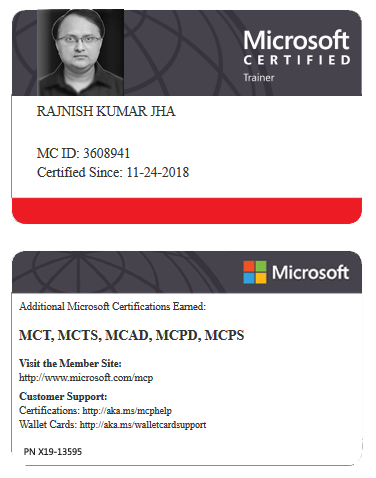




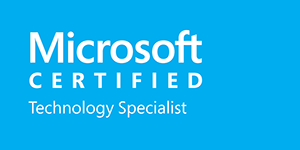

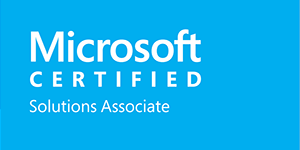
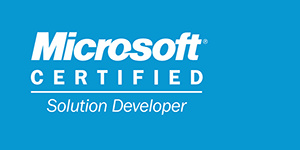


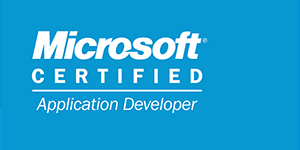
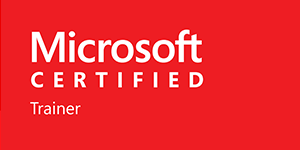





Leave a Reply